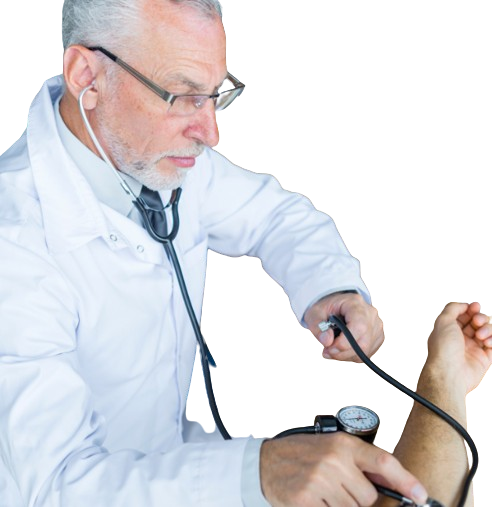Role of vascular surgeon in wound care
Wound care is carefully cleansing, disinfecting, and treating wounds in order to facilitate healing and avoid infection for the best possible recovery.
Role of vascular surgeon in wound care:
Vascular surgeons play a crucial role in wound care, particularly when wounds are associated with vascular diseases or compromised blood flow. Their expertise in managing vascular conditions is essential for optimizing wound healing. Here are key aspects of the role of vascular surgeons in wound care:
- Experienced
- Focused
- High-End Facility
- Pain Regenerative Therapies
- Supportive Team
- Emergency Care
- Special Diagnosis
- Swelling Regenerative Therapies


- Vascular surgeons assess blood flow to determine if compromised circulation is contributing to delay in wound healing or the development of wounds.
- They use diagnostic tools such as Doppler ultrasound, angiography, or other imaging modalities to evaluate the vascular status of the affected limb.
- Vascular surgeons specialize in the diagnosis and treatment of PAD, a condition where narrowed arteries reduce blood flow to the extremities.
- PAD management may involve lifestyle modifications, medications, angioplasty, or surgical procedures such as bypass grafting.
- Vascular surgeons perform revascularization procedures to restore blood flow to areas with compromised circulation.
- This can include balloon angioplasty (balloon dilation of arteries), stent placement, or bypass surgery to create alternative pathways for blood flow.
- By addressing vascular issues, vascular surgeons contribute to improve overall tissue perfusion, which is essential for wound healing.
- Enhancing blood flow to the affected area helps to provide the necessary nutrients and oxygen to support the healing process.
- Vascular surgeons often play a critical role in the management of diabetic foot ulcers. They assess the vascular status of the foot and lower extremities, addressing any arterial insufficiency that may contribute to ulcer formation.
- Vascular surgeons, plastic surgeons collaborate with wound care specialists, including nurses and physicians, to develop a comprehensive treatment plan.
- This collaboration ensures that both the vascular issues and the local wound care needs are addressed in a coordinated manner.
- In cases where severe arterial disease may lead to limb-threatening conditions, vascular surgeons work to salvage limbs through revascularization procedures or other interventions.
- Vascular surgeons educate patients on preventive measures to maintain vascular health, including lifestyle modifications, proper foot care, and medication management.
- Vascular surgeons provide postoperative care and follow-up to monitor the success of revascularization procedures and assess ongoing wound healing.
- Vascular surgeons, plastic surgeons play a role in educating both patients and other members of the healthcare team about the importance of vascular health in wound care.
Note: In summary, the role of vascular surgeons, plastic surgeons in wound care is centered on identifying and addressing vascular issues that may impede the healing process. By optimizing blood flow, vascular surgeons contribute significantly to improving outcomes for patients with wounds, particularly those associated with vascular diseases. Collaboration with other specialists is often essential for a comprehensive and effective approach to wound care.
